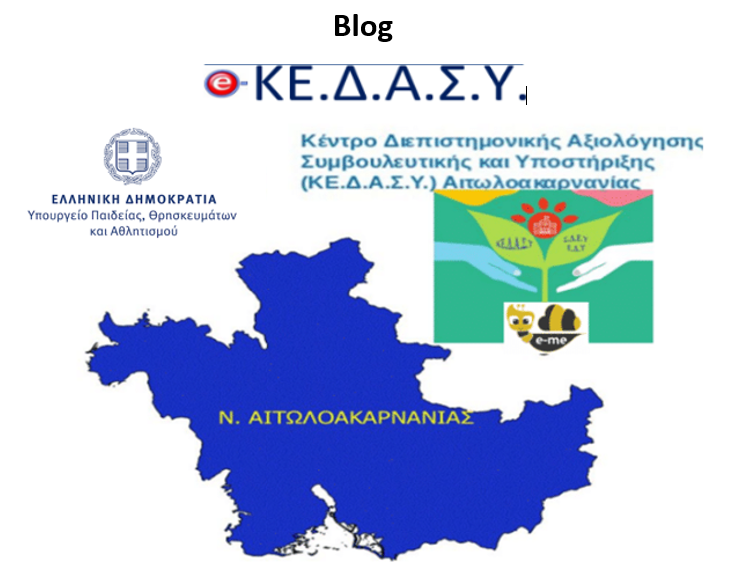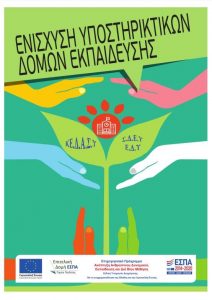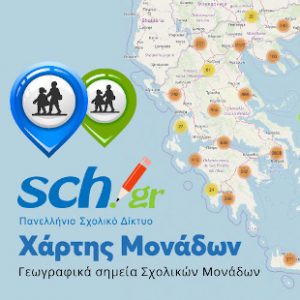Updated on 17 Απριλίου, 2024
Practice article of European School Education Platform: Adapting to the future: responsibly integrating AI into teaching and learning
Adapting to the future: responsibly integrating AI into teaching and learning

AI has the potential to provide data-based insights into pupil performance and the effectiveness of teaching methods, and help individualise learning. Teachers must help pupils to grasp the technical aspects of AI, and to understand its broader societal, ethical and economic implications.
Several Erasmus+ projects already focus on different aspects of AI in education, with a common objective to help teachers and schools get prepared for the opportunities and challenges that AI generates.
Getting familiar with AI from an early age
The ‘I’m not a Robot’ project posed the question of how to responsibly introduce AI and digital media in early childhood education. It has created 12 toolboxes of materials for nursery teachers based on questions from children who are interested in robots, such as how does a robot think? Can a robot be my friend? What does a robot eat?
The toolboxes provide practical methods, materials and media for activities that children can use to work on these questions. To support teachers in using them, the project has created an eLearning platform.
To support the first generation to grow up in the AI era, the Generation AI project focused on primary school teachers and pupils. The project helped them understand the basic principles of AI and become more critical consumers of technology applications throughout their lives. It produced a toolkit, guides for teachers and schools and an eLearning platform adapted to different levels of primary education.
Innovative AI-based tools
The AI4EDU project sets out to develop, implement and evaluate next-generation conversational AI-powered educational assistants. These AI assistants are designed to conversationally interact with students and teachers as engaging, flexible and reliable partners. The two technical solutions will be:
- Study Buddy: as an example, helping students to summarise content in textbooks or explain key concepts following a pedagogical framework and curriculum-relevant learning scenarios in different school subjects.
- Teacher Workmate: supporting teachers in assessment tasks (e.g. by producing and administering questions), grading short open-ended answers and tracking students’ learning progress.
Building the AI capacity of teachers and schools
To help teachers and school leaders face the era of AI with right skills and confidence, the AI4T (AI for Teachers) project has developed various materials and resources. An online course has been designed to teach AI basics and the challenges of using AI tools in education.
Teachers can deepen their knowledge using the open textbook, which helps teachers explain the nature and purpose of AI to their pupils. The course and textbook are available in English, French, German, Italian and Slovenian.
Most European countries don’t cover AI in their curriculum yet. To address this gap, the AIware project aims to provide ready-to-use solutions for schools, including a model curriculum and learning scenarios and materials for secondary schools and teachers.
By its completion in 2026, the project will also develop a certification scheme for ‘AI schools’ and prepare policy and curriculum recommendations for education authorities.
The AI4STEM project introduces AI to pupils aged 8–16 through hands-on lessons that combine Internet of Things (IoT) principles, programming and STEM learning outcomes. The project will apply the concept of the Five Big Ideas in AI: perception, representation and reasoning, learning, natural interaction and societal impact. The project’s planned results include:
- an educational framework and resources to guide learners,
- an online academy for collaboration and learning,
- a practical IoT kit comprising components for creating IoT devices,
- a manual for teachers on educational resources and hardware.
Image: AI4K12(CC-BY-NC-SA 4.0)
Further reading
Additional information
-
Education type:Early Childhood Education and CareSchool Education
-
Evidence:N/A
-
Funding source:European Commission
-
Intervention level:N/A
-
Intervention intensity:N/A
-
Participating countries:CyprusDenmarkFinlandFranceGermanyGreeceIrelandItalyLithuaniaLuxembourgNetherlandsPortugalSlovakiaSpainSweden
-
Target audience:TeacherStudent TeacherHead Teacher / PrincipalTeacher EducatorGovernment staff / policy makerResearcher
-
Target audience ISCED:Early childhood education (ISCED 0)Primary education (ISCED 1)Lower secondary education (ISCED 2)Upper secondary education (ISCED 3)












Πρόσφατα σχόλια